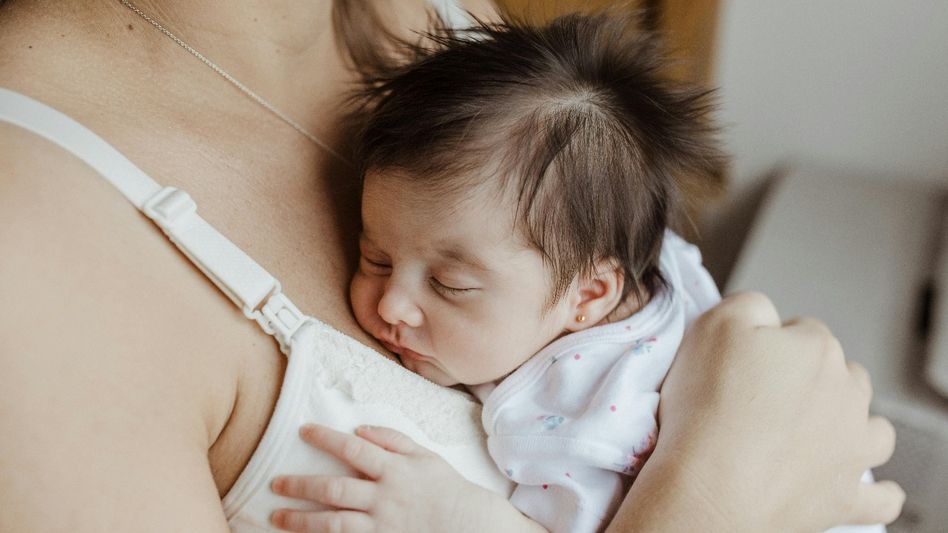South Korea Sees First Increase in Birth Rate in Nine Years

In a notable shift, South Korea's birth rate has increased for the first time in nine years, with 242,334 babies born in 2024, marking a rise of 7,295 (3.1%) from 2023's figure of 235,039. This change comes after a consistent decline in births since 2015, when the number peaked at 444,098. Professor Seok Jae-eun from Hallym University attributes this uptick to the government's and local authorities' efforts to combat low birth rates, suggesting that the perception of having children as a financial burden is gradually changing. According to Statistics Korea's 2024 social survey, 68.3% of respondents agreed that marriage should lead to having children, a 3 percentage point increase from two years ago, with support among those in their 20s rising from 44% to 51.3%. Regionally, Incheon (11.4%), Daegu (6.6%), and Jeonnam (4.9%) saw the most significant increases in births. Incheon officials noted that the influx of newlyweds into areas like Geomdan New Town and the introduction of a financial incentive program for childbirth likely contributed to this growth. However, some experts caution that this may be a temporary spike, as couples who postponed marriage and childbirth during the pandemic are now having children. The number of marriages also rose slightly from 191,690 in 2022 to 193,657 in 2023, the first increase in 12 years. Despite the rise in births, the overall population continues to decline, with 51,217,221 registered residents in 2024, down by 108,108 (0.2%) from the previous year. The trend of an aging population is evident, with the average age of South Koreans now at 45.3 years, surpassing 45 for the first time. The population of those in their 60s has overtaken that of those in their 40s, and the elderly population (65 and older) has exceeded 20% of the total population for the first time. Additionally, the number of single-person households has surpassed 10 million, with 1 in 4 households now consisting of a single individual, highlighting the changing dynamics of family structures in South Korea.
What do you think?
0 reactions





